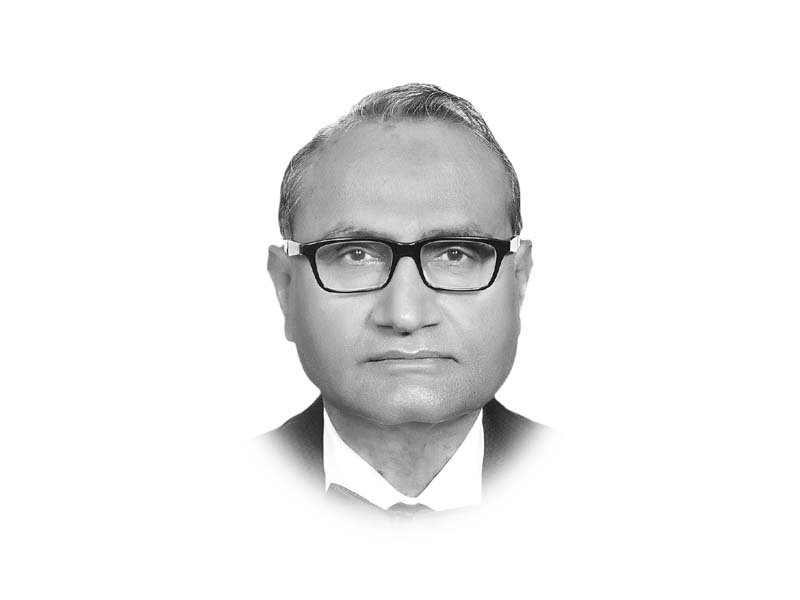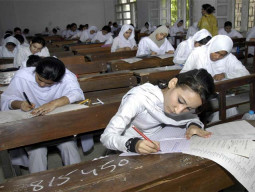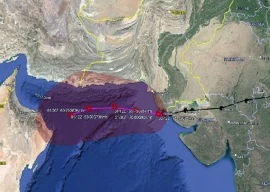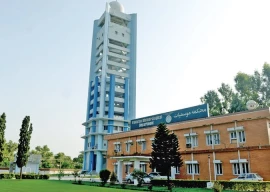
Except for the poor whose assistance was declared by the finance minister as a constitutional duty, the package has something for everybody. There is no prioritisation and no knowing what the bill is and who bears the burden eventually. In any case, it is not a minibudget. A desire to live within means was expressed, nonetheless. Banks extending credit to small and medium enterprises, agriculture and housing will have their tax liability reduced by half. A tight monetary policy has already pushed the interest rate into double digit. Commercial banks are known to have preferred to pay penalties than to enter into these neglected areas. Whether the tax incentive will change this is anybody’s guess. A revolving fund of Rs5 billion has been proposed for interest-free loans for smaller houses. This may provide real relief if not undermined by complicated procedures. Another real relief is the removal of withholding tax on filers. An attempt has also been made to boost agriculture by increasing the value of Produce Index Units to 6,000, lowering regulatory duty on diesel engines and lower fertiliser price by adjusting the Gas Infrastructure Development Surcharge.
Traders, property owners, buyers and makers of cars, newspaper owners, marriage halls all get their pound of flesh. When it comes to taxing the traders, discretion has been considered the better part of valour. A start has been promised from Islamabad. Exporters get a Promissory Note against refunds. Industrialists, considered as the PML-N constituency, receive the maximum focus. Literally hundreds of import duties have been slashed down. Special zones have been allowed free imports other than plant and machinery as well. Outside these zones, greenfield industry will enjoy a five-year tax holiday. An important step is the extension of this tax holiday to the local manufacture of renewable energy equipment. Besides the annual reduction in the corporate income tax already in place, big corporates have been spared the tax on retained earnings and the discomfort of taxman’s intrusion into intercorporate dividends. The tax on retained earnings aimed to encourage declaration of dividend. However, the stock market has been compensated in other ways. Withholding tax is down and the offsetting of losses allowed.
Ease of Doing Business is the name of the game — a piecemeal way of doing away with business irritants. The emphasis is on improving the score on this index rather than taking a holistic view of the investment climate. The current atmosphere of the activism of NAB, FIA and other agencies has thrown a lot of sand in the traditional grease of doing business. There is in evidence a do-nothing attitude of bureaucracy and wait-and-see approach of the businesses. Fear, uncertainty and political polarisation persist. This is economy, stupid, not a game of cricket!
Published in The Express Tribune, January 25th, 2019.
Like Opinion & Editorial on Facebook, follow @ETOpEd on Twitter to receive all updates on all our daily pieces.
1725183962-0/Untitled-design-(2)1725183962-0-405x300.webp)

1725181537-0/Untitled-design-(1)1725181537-0-165x106.webp)

1725178900-0/Untitled-design-(9)1725178900-0-165x106.webp)













COMMENTS (1)
Comments are moderated and generally will be posted if they are on-topic and not abusive.
For more information, please see our Comments FAQ